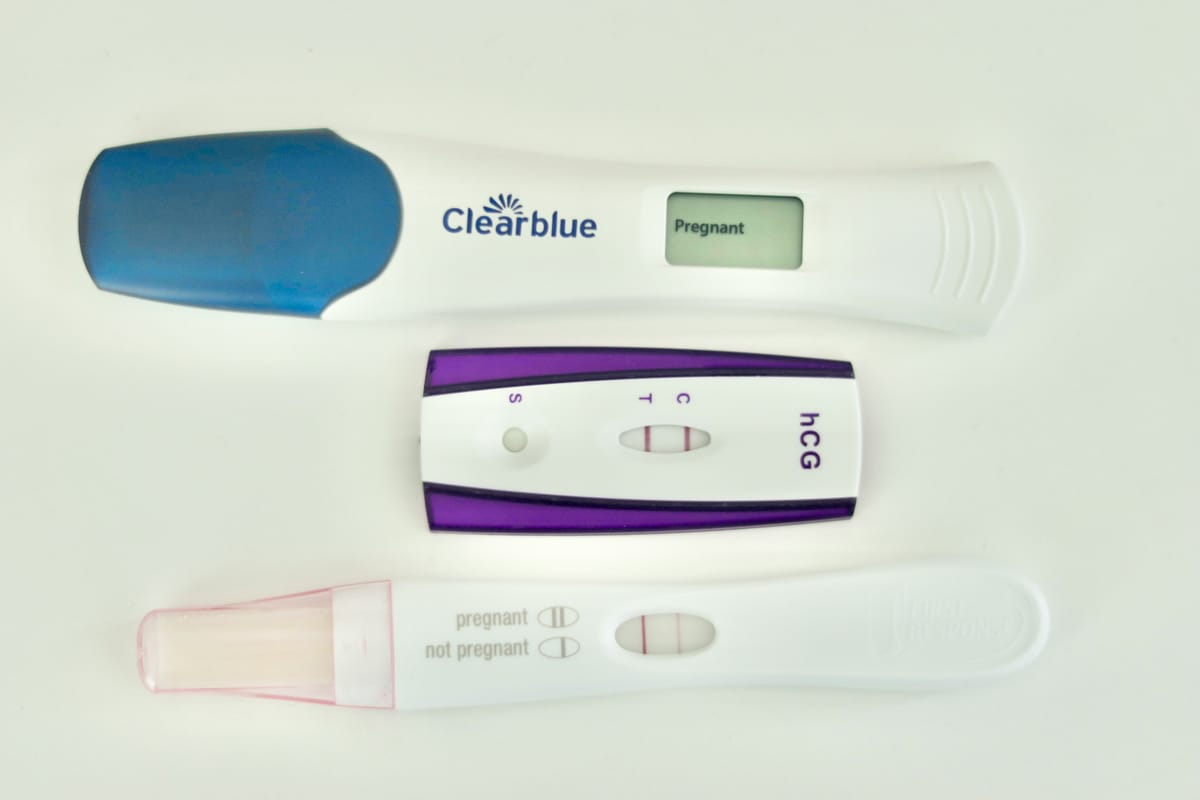Florida Appeals Court Declares Abortion Waiver for Minors Violates Parental Rights

DAYTONA BEACH, F.L. — A Florida appeals court has ruled that a law allowing minors to obtain abortions without their parents' consent through a court waiver process is unconstitutional, citing violations of parental rights.
The decision, handed down May 14 by a three-judge panel from the 5th District Court of Appeal, determined that the judicial bypass process infringes on fundamental parental rights under both state and federal law. The ruling followed an appeal by a 17-year-old girl in Clay County, identified only as Jane Doe, who was denied a waiver to have an abortion without notifying her parents.
The appeals court upheld Circuit Judge Angela Cox’s original decision, which found the teen was not mature enough to bypass the consent requirement. The court also certified the issue as a “question of great public importance,” signaling that the Florida Supreme Court may take up the case.
Legal Challenge Highlights Constitutional Tensions
At the center of the legal dispute is a state law that permits minors to petition a judge for a waiver of parental consent. The law allows such waivers if a judge finds the minor mature enough to make the decision or that it is in the minor’s best interest to proceed without parental involvement.
Florida Attorney General James Uthmeier intervened in the case just days before the ruling, arguing that the waiver process violated the U.S. Constitution’s 14th Amendment, which protects parental rights. He also cited Florida’s constitution, which he said provides even stronger protections for parents.
Judge Jordan Pratt, writing for the court, agreed, stating, “It’s difficult to see how the Fourteenth Amendment’s Due Process Clause can countenance a process whose entire function is to deprive presumptively fit parents of the most basic due-process guarantees — notice and opportunity to be heard.”
Judge John MacIver issued a separate opinion emphasizing that the judicial waiver statute is “facially unconstitutional” because it undermines parents’ legal authority over their children’s medical decisions.
Broader Context of Abortion Law in Florida
The ruling comes amid ongoing shifts in abortion law across Florida. In 2024, the Florida Supreme Court ruled that the state constitution does not protect abortion rights under its privacy provisions. That decision followed the U.S. Supreme Court’s 2022 overturning of Roe v. Wade, which removed federal protections for abortion access.
Florida law has required parental notification since 2004 and added a consent requirement in 2020. The law includes an exception for minors who are victims of abuse, which the appeals court’s opinion did not address or alter.
Minors seeking waivers must act quickly. In this case, the teen filed a petition on May 6 and had a hearing the next day. She was near the six-week limit for legal abortion under Florida’s current law.
Statewide Implications
Unless overturned by the Florida Supreme Court, the ruling will apply statewide and effectively end the ability of minors to seek abortions without parental consent through court orders.
“This may be the first and only opportunity an appellate court of this state has ever had to address the constitutional question,” the opinion stated.
The outcome marks a significant shift in the state’s approach to abortion and parental rights, with further legal action expected in the coming months.
